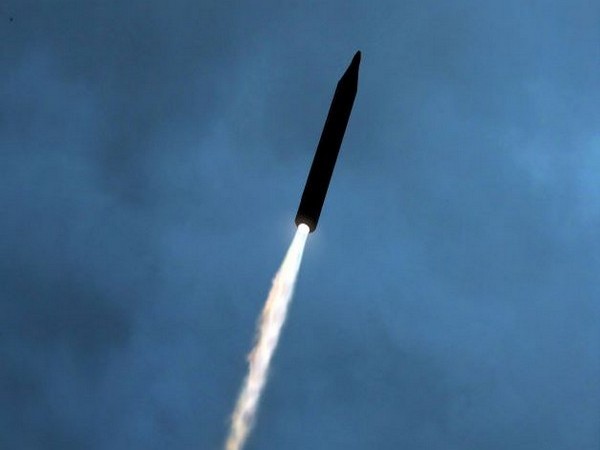Seoul [South Korea], September 18: This morning (September 18), the Democratic People's Republic of Korea launched a series of short-range ballistic missiles toward the northeast, marking the country's second weapons test within a week.
Yonhap quoted information from the South Korean Joint Chiefs of Staff JCS) saying that it "detected and is analyzing several ballistic missiles (launched by North Korea ) in the northeast direction at around 6:50 a.m. (local time)."
"To prepare for additional launches by North Korea, the South Korean military is strengthening its surveillance capabilities and maintaining vigilance while closely sharing information" with allies Tokyo and Washington, the JCS added.
Japan also confirmed the launch, with the Coast Guard recording that one missile landed in waters outside the country's Exclusive Economic Zone (EEZ).
"Ships should pay attention to the information that will be provided, and if you discover falling objects, please do not approach and report it to the Coast Guard," NHK quoted the force as saying.
This is North Korea's second missile launch within a week, after the country on September 12 fired a series of short-range ballistic missiles into the sea east of the Korean peninsula.
Later, KCNA news agency confirmed that Pyongyang had tested a multiple launch rocket system with a 600 mm warhead.
In a related development, at a confirmation hearing before the US Senate Armed Services Committee on September 17 (Washington DC time), Lieutenant General Xavier Brunson, nominated by US President Joe Biden for the position of commander of US Forces Korea (USFK), said that North Korea's rapid development of nuclear and missile capabilities is the "greatest single threat" to USFK.
General Brunson, currently commander of the First Corps of the US Army and based at Joint Base Lewis-McChord (Washington state), also voiced concerns about the military exchange between North Korea and Russia. The general emphasized his commitment to finding ways to minimize the risks associated with this military connection.
The hearing comes amid heightened tensions on the Korean Peninsula following Pyongyang's missile launches, the surprise announcement of a uranium enrichment facility, US-South Korean military exercises and the launching of balloons carrying trash from North Korea into South Korea.
If confirmed, General Brunson will lead three commands, namely the US-ROK Combined Forces Command, the United Nations Command and the USFK, which consist of about 28,500 troops.
The current commander of these three commands is General Paul LaCamera.
Source: Thanh Nien Newspaper

